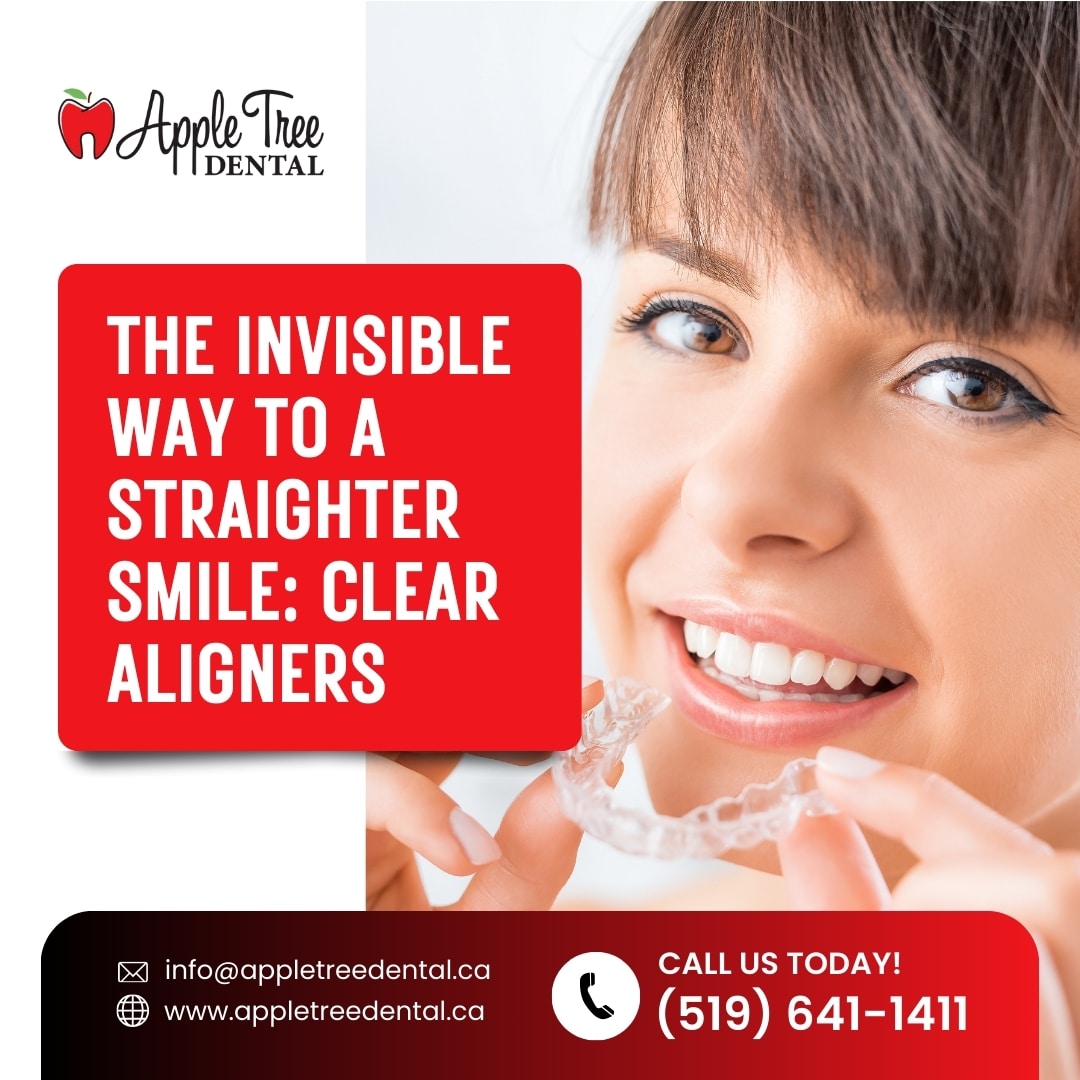Common Myths and Misconceptions About Teeth Whitening
Blog
Common Myths and Misconceptions About Teeth Whitening
Teeth whitening is a topic surrounded by a bright halo of popularity and a shroud of myth. With a smile being one of the first features people notice, it’s no wonder the pursuit of pearly whites is on the rise. However, with its increasing popularity comes a barrage of information—and misinformation—that can make it difficult for the average person to discern fact from fiction. The allure of a brighter smile has driven many towards treatments without a proper understanding of the process, resulting in unrealistic expectations and potentially harmful practices. This article aims to shine a light on the truths of teeth whitening and dispel the common myths that have become embedded in our cultural understanding of this cosmetic procedure.
Introduction:
A gleaming white smile is often seen as a symbol of health, beauty, and confidence, prompting many to explore the world of teeth whitening. Be it over-the-counter products, professional treatments, or home remedies, everyone seems to have a theory on what’s best for achieving that coveted sparkle. However, without the right information, it’s easy to fall prey to misconceptions that can lead to unsatisfactory results or even damage your teeth. Let’s dive into the common myths about teeth whitening and separate fact from fiction so you can make informed decisions about your oral health.
Whitening Damages Tooth Enamel?
- Truth: Professional and OTC whitening products are designed with safety in mind and do not harm enamel.
- ADA Approval: Look for products with the American Dental Association (ADA) Seal of Acceptance.
- Proper Use: Follow instructions carefully to prevent overuse, which can lead to sensitivity.
- Expert Advice: Consult with a dentist before starting any whitening regimen.
- Sensitivity Management: Use products formulated for sensitive teeth if prone to discomfort.
- Restorative Care: Wait if you have cavities or dental work; whitening can wait until after these issues are addressed.
- Avoid Harsh Abrasives: Some natural remedies can be excessively abrasive—stick to gentle, proven methods.
Are All Teeth Whiten Equally?
- Individual Variance: Genetics and the natural colour of dentin affect whitening results.
- Expectation Management: Be realistic about the level of whiteness achievable for your teeth.
- Patience is Key: Some teeth may take longer to respond to whitening treatments.
- Professional Assessment: A dentist can predict outcomes based on your unique dental makeup.
- Gray vs. Yellow: Gray tones may not lighten as much as yellow or brown hues.
- Age Factors: Younger teeth typically whiten more easily than older teeth.
- Consistency: Uniform application is crucial for even whitening—be thorough in your approach.
Do Whitening Results Last Forever?
- Maintenance Required: Whitening is not permanent and needs regular touch-ups.
- Dietary Choices: Avoid or limit teeth-staining foods and beverages like coffee, tea, and red wine.
- Good Oral Hygiene: Brushing and flossing regularly help maintain whiteness.
- Follow-up Treatments: Periodic professional or at-home treatments may be necessary.
- Touch-up Kits: Keep a maintenance kit handy to address new stains promptly.
- Lifestyle Changes: Quitting smoking can prolong whitening results.
- Regular Dental Visits: Professional cleanings contribute to a longer-lasting white smile.
Are Natural Remedies Better and Safer?
- Research is Essential: Not all natural remedies are safe or effective.
- Acidic Substances: Lemon juice or apple cider vinegar can erode enamel over time.
- Abrasive Materials: Baking soda or charcoal might damage the enamel if used incorrectly.
- Professional Products: Dentist-approved treatments are often safer and more reliable.
- Consultation: Talk to a dentist before trying any home remedy.
- Moderation: If using natural methods, do so sparingly and with caution.
- Effectiveness: Recognize that some home remedies may only have a minimal impact.
Does Stronger Whitening Agent Mean Better Results?
- Optimal Concentration: Higher concentration doesn’t always mean better results; it can increase sensitivity.
- Professional Guidance: Dentists can recommend the appropriate strength based on your needs.
- Gradual Whitening: Sometimes, a gradual approach can be more effective and less irritating.
- Balanced Formulas: Seek out products that balance efficacy with gentle ingredients.
- Sensitivity Prevention: Use desensitizing toothpaste if you choose a stronger treatment.
- Dosage Control: Over-the-counter products with lower concentrations allow for controlled usage.
- Duration of Use: Follow timing guidelines strictly to avoid over-exposure to strong agents.
Is Teeth Whitening Painful?
- Typically Painless: For most, teeth whitening is a pain-free experience.
- Sensitivity is Temporary: Any sensitivity is usually short-lived and can be managed.
- Pre-Treatment: Use sensitive toothpaste a few weeks before beginning whitening.
- Professional Options: In-office treatments may include measures to reduce sensitivity.
- Proper Technique: Ensure you’re applying products correctly to avoid gum irritation.
- Rest Periods: Give your teeth a break between treatments if experiencing discomfort.
- Dentist Supervision: Seek professional advice if pain persists.
Are DIY Kits as Effective as Professional Treatments?
- Professional Advantage: Dentists use higher-concentration whiteners for more dramatic results.
- Custom Trays: Dentists provide tailored mouth trays for better coverage and protection.
- Faster Results: In-office treatments can achieve whiter teeth in a single session.
- Safety Monitoring: Dentists oversee the process to ensure gum and tooth health.
- Longevity: Professional treatments may last longer than DIY kits.
- Combination Approach: Some dentists recommend a professional start followed by at-home maintenance.
- Cost vs. Benefit: While DIY may be more budget-friendly, the effectiveness and safety of professional care can be more valuable.
Are Over-the-Counter Products Harmful?
- Regulated Products: Look for OTC options that meet safety standards.
- Brand Reputation: Choose products from reputable companies with a proven safety record.
- Patch Testing: Try a small amount initially to check for adverse reactions.
- Read Reviews: Consider other users’ experiences, but remember that individual reactions vary.
- Ingredient Check: Be aware of the ingredients and their purpose.
- Consultation: Ask a dentist before starting any new product.
- Follow Directions: Use the products exactly as directed to avoid misuse.
Are Whitening Treatments Suitable for Sensitive Teeth?
- Customized Options: There are treatments specifically designed for sensitive teeth.
- Lower Concentrations: Milder formulas can reduce the risk of sensitivity.
- Dentist Recommendations: A dentist can suggest suitable products or procedures.
- Use of Desensitizers: Pre-treatment with fluoride or potassium nitrate can fortify teeth.
- Shorter Duration: Limiting the exposure time can lessen sensitivity.
- Professional Application: Dentists can apply barriers to protect sensitive gum tissue during treatment.
- Incremental Whitening: Gradually building up treatment can help manage sensitivity.
Do Only Discolored Teeth Benefit from Whitening?
- Universal Appeal: Even those with relatively white teeth can brighten their smile further.
- Boosting Confidence: Whitening can increase self-esteem and improve the aesthetics of a smile.
- Preventative Whitening: Occasional treatments can help prevent the buildup of new stains.
- Enhanced Oral Hygiene: Those who whiten may become more diligent with their oral care routine.
- Special Occasions: Whitening for events can add an extra touch of polish to your appearance.
- Age-Related Discoloration: Counteracting the natural yellowing that occurs with age can rejuvenate a smile.
- Improve Existing Dental Work: Whitening surrounding teeth can enhance the appearance of crowns or fillings.
Frequently Asked Questions
-
A1: When done correctly with ADA-approved products and under professional guidance, teeth whitening does not damage enamel.
Conclusion:
Debunking myths about teeth whitening is crucial for maintaining healthy teeth and achieving optimal results. By understanding the realities of teeth whitening treatments, consumers can make well-informed choices that will lead to a brighter, more confident smile without compromising their dental health. With this knowledge, whitening your teeth can be a safe and satisfying experience, free from the misconceptions that have long clouded its perception.
For personalized advice and professional teeth whitening services, don’t hesitate to reach out to us.
- Name: Apple Tree Dental
- Address: 1365 Beaverbrook Ave. Unit 102 London, Ontario N6H 0J1.
- Phone: (519) 641-1411,
- Email: info@appletreedental.ca, or
- Visit: appletreedental.ca to set up an appointment or learn more about our services.
You can take the first step towards a gleaming, vibrant smile. At Apple Tree Dental, we’re dedicated to helping you debunk the myths and make the most of your smile.
“Discover the Brighter Side of Smiles with Apple Tree Dental – Where Myths Fade and Brilliance Shines!”
















